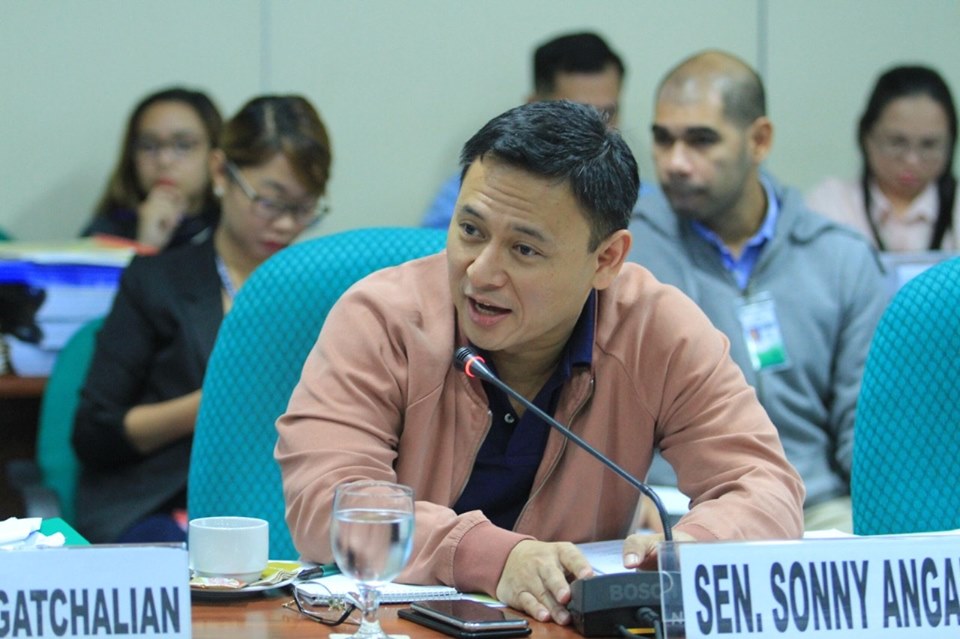News
Deploy more social welfare attaches for OFWs: solon

Senator Sonny Angara said the DSWD should fill up the five vacant posts for social welfare attaches in Jordan, Lebanon, South Korea, Italy, and the United Arab Emirates, especially now that a law creating the Office for Social Welfare Attaché has been signed in April this year. (File Photo: Sonny Angara/Facebook)
MANILA – A senator on Thursday called on the Department of Social Welfare and Development (DSWD) to deploy more social welfare attaches to provide assistance to distressed overseas Filipino workers (OFWs).
Senator Sonny Angara said the DSWD should fill up the five vacant posts for social welfare attaches in Jordan, Lebanon, South Korea, Italy, and the United Arab Emirates, especially now that a law creating the Office for Social Welfare Attaché has been signed in April this year.
To date, a total of seven active posts have been filled–Malaysia/Brunei, Jeddah, Riyadh, Kuwait, Hong Kong, Qatar, and Dubai.
“I have been pushing for the deployment of more Social Welfare Attaches (SWA) in order to provide our OFWs with the assurance that its government cares about them, particularly when they are in distress,” Angara said.
“Every year our OFWs have been remitting billions of dollars back home to their families and this has consistently provided an invaluable boost to our economy. This is why we should be there for them when they need us the most,” Angara added, citing that personal remittances from OFWs reached a total of USD32.2 billion in 2018.
Angara, who chairs the Senate Committee on Finance, said the Senate could provide funding for another eight SWAs in 2020 if the five vacant posts are filled up.
“I have already asked my staff to study if we can increase the number of authorized posts to 30. Clearly, the scaling up of the deployment of this important frontline personnel has long been delayed. The attaché-to-OFWs ratio is dismally low. We have to reverse the trend,” Angara said.
“With so many OFWs scattered all over the world, seven SWAs are clearly not enough to look after the needs of all who are in distress or who underwent traumatic incidents,” Angara added.

